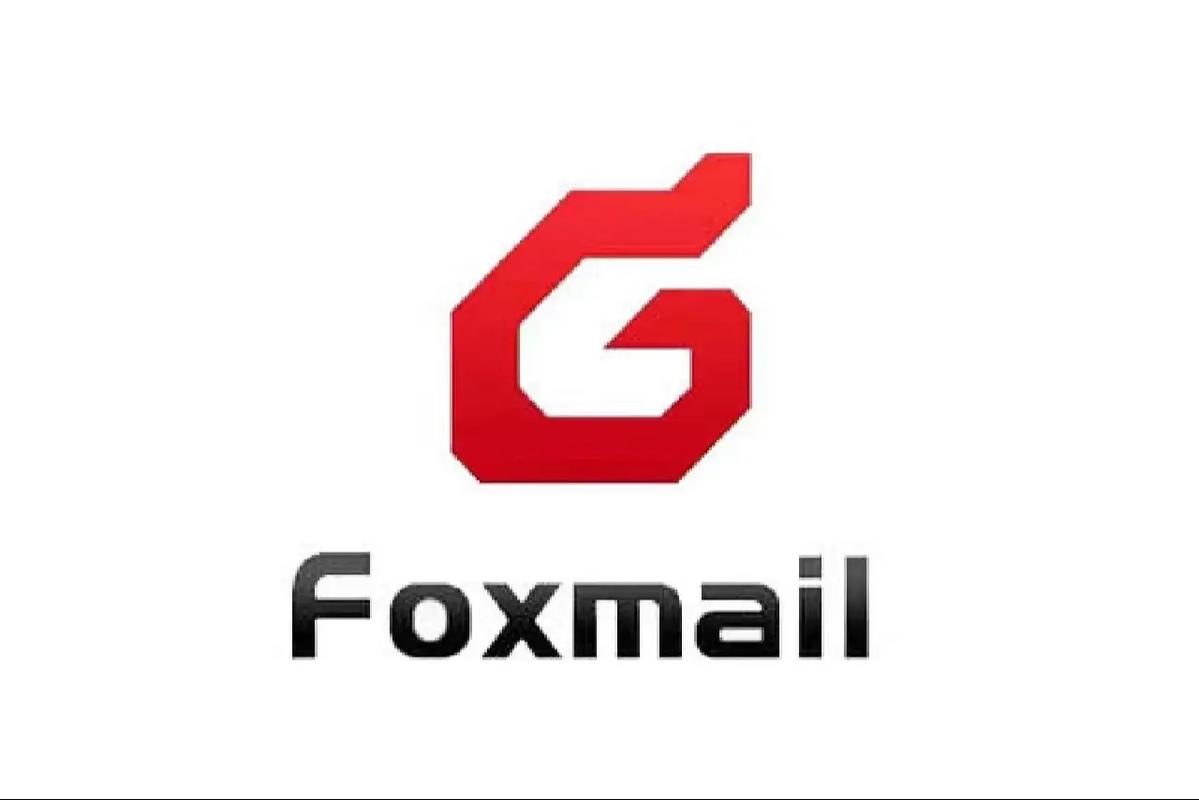hotmail.com: A Comprehensive Guide to Microsoft’s Iconic Email Service
Hotmail.com, now known as Outlook.com, has been a cornerstone of email communication for over two decades. As one of the first webmail services, it has evolved significantly over the years, offering a wide range of features and functionalities. In this detailed guide, we will explore the various aspects of hotmail.com, from its history to its current offerings.
History of Hotmail.com
Hotmail was launched in 1996 by Jack Smith and Sabeer Bhatia. The name “Hotmail” was derived from “HTML,” the markup language used to create web pages, with the “mail” part indicating its email service nature. Microsoft acquired Hotmail in 1997 for $400 million, marking the beginning of its integration into the Microsoft ecosystem.

Transition to Outlook.com
In 2012, Microsoft rebranded Hotmail to Outlook.com, offering a more modern and user-friendly interface. The transition was aimed at providing a consistent experience across all Microsoft services, including Office 365 and OneDrive.
Key Features of Outlook.com
Outlook.com boasts a variety of features that make it a popular choice among users. Here are some of its key features:
| Feature | Description |
|---|---|
| Free Email Account | Users can create a free email account with up to 15 GB of storage space. |
| Webmail Interface | Outlook.com offers a user-friendly webmail interface that is accessible from any device with an internet connection. |
| Integration with Microsoft Services | Outlook.com seamlessly integrates with other Microsoft services, such as OneDrive, Office 365, and Skype. |
| Customizable Themes | Users can personalize their email experience by choosing from a variety of themes and backgrounds. |
| Spam Protection | Outlook.com employs advanced spam filters to keep your inbox free of unwanted messages. |
| Multiple Language Support | Outlook.com supports multiple languages, making it accessible to users worldwide. |
One of the standout features of Outlook.com is its integration with Microsoft’s other services. For instance, users can easily attach files from OneDrive or schedule meetings using Outlook Calendar directly from their email account.
Security and Privacy
Security and privacy are paramount in today’s digital world, and Outlook.com takes these concerns seriously. The service offers several security features, including:

- Two-factor authentication (2FA) to add an extra layer of security to your account.
- Advanced spam filters to protect against phishing attacks.
- End-to-end encryption for email messages to ensure that your communications remain private.
In addition, Outlook.com complies with various data protection regulations, such as the General Data Protection Regulation (GDPR) in the European Union, ensuring that your data is handled responsibly.
Mobile and Desktop Access
Outlook.com is accessible from both mobile and desktop devices, making it convenient for users to stay connected no matter where they are. The mobile app offers a seamless experience, allowing users to access their emails, calendar, and contacts on the go.
Conclusion
hotmail.com, now Outlook.com, has come a long way since its inception in 1996. With its wide range of features, robust security measures, and seamless integration with other Microsoft services, it remains a popular choice for email communication. Whether you’re a casual user or a professional, Outlook.com has something to offer everyone.




